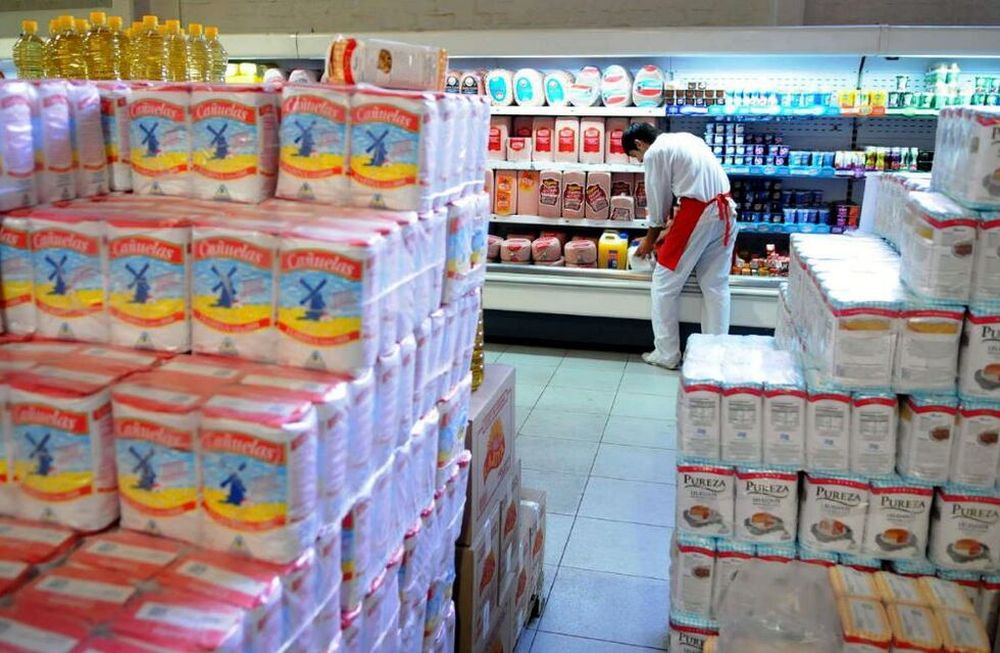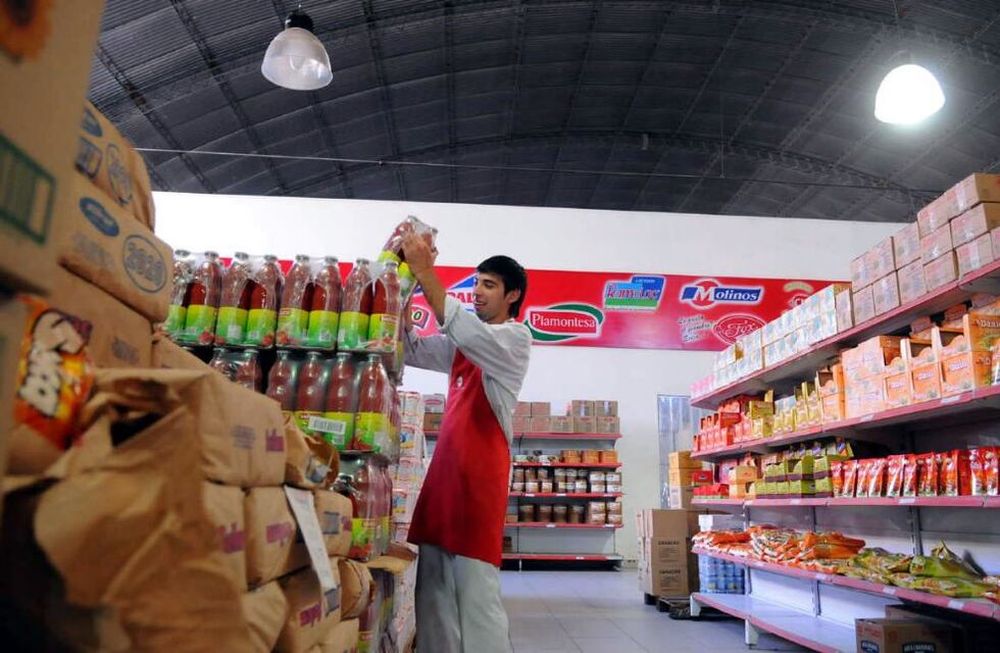Wholesalers and industries launch the first "Black Week" of the year and expose hidden costs

Between May 19 and 25, they will launch special promotions on food, beverages, hygiene products, perfumes, and cleaning products to encourage consumption.
After a week of uncertainty over potential price increases , more than 200 wholesalers and suppliers of consumer products agreed to launch a joint commercial action with significant discounts . The announcement was made at a strategic meeting where they also decided to highlight the so-called " hidden costs " that impact final prices, such as regulations, contributions, and mandatory fees.
The initiative, called " Cadam National Wholesale Black Week ," will take place from May 19 to 25 , with special promotions on food , beverages, hygiene products, perfumes, and cleaning products . The organization is led by the Argentine Chamber of Distributors and Wholesale Self-Service Stores (Cadam) and represents the first wholesale "Black Week" of the year, with the aim of promoting consumption and strengthening the link between industries and wholesale channels.
"It will be a joint effort across the entire traditional retail chain," stated Juan Castro, president of the organization , who emphasized that the action has the support of "dozens of industries that support this initiative." He explained that wholesalers supply more than 140,000 local businesses across the country, directly reaching consumers .
Participating will be large wholesalers, SMEs, and distributors that supply local warehouses and supermarkets. In the previous edition, in 2024, more than 150 stores joined the program, offering discounts of up to 40%.
The price agreement generates complaints and uncertainty among local wholesalers.

During the meeting, industry business leaders raised with the Undersecretary of Consumer Protection and Fair Trade, Fernando Blanco Muiño , the need to advance a law that would eliminate or reduce "hidden costs" and the high tax burden —especially gross income and municipal taxes —that distort prices.
Blanco Muiño praised the joint work with the Minister of Deregulation and State Transformation, Federico Sturzenegger , and National Representative Marcela Pagano to highlight the mandatory contribution to the Argentine Institute of Professional Training (INACAP) , which has been criticized by business leaders. "We were able to do this because we have no commitments to anyone," he said.
The official also attributed the possibility of advancing these types of reforms to the current macroeconomic context. "With the trend toward macroeconomic order, falling inflation, and stability, businesspeople and public officials have time to pursue other agendas," he explained. He also highlighted the positive impact of measures such as the lifting of the exchange rate controls and the elimination of the Siras (Restrictive Securities and Exchange Commissions). "The great unique feature of this government's administration is that things happen from the bottom up, not from the top down," he emphasized, referring to the fact that businesspeople's demands are being heeded.
Armando Farina, vice president of Cadam , celebrated the achievement of making the contribution to Inacap voluntary, a long-standing demand of the sector, and urged the industry to also expose its own "hidden costs."
Suppliers and wholesalers are skeptical of frozen prices.

When a consumer buys, for example, a bottle of wine and meat at a local grocery store or supermarket, the final price includes a series of mandatory and "solidarity" contributions and fees that have been collected for more than 20 or 30 years. Many of these charges accumulate throughout the entire commercial chain, from the producer to the point of sale.
Among the main "hidden costs" mentioned are:
- Solidarity contribution to social projects due to Covid-19 , still in effect and enforceable for all employees, regardless of whether or not they have health insurance.
- Mandatory contribution to Inacap , in force since 2008, which businesses must pay monthly, even if employees do not receive training.
- Mandatory retirement insurance , created in 1991, which requires a contribution of 2.5% of salary, partly allocated to a solidarity fund.
- Mandatory union contribution , which is deducted from wages, regardless of whether workers are members or not. It amounts to 0.5% of salary.
From the industry side, the following were also noted:
- Contribution to the Institute for the Promotion of Beef (Ipcva) , established in 2001.
- Contribution to the Argentine Wine Corporation (Coviar) , mandatory for wineries since 2004, with severe penalties for non-compliance: suspension of transfer, dispatch or export permits by the INV.
Added to these burdens is the high tax burden at all levels of the commercial chain. "You sell more taxes than products, and the incredible thing is that they screw you afterward," quipped consultant Damián Di Pace , analyzing the impact of these burdens on consumer prices.
- Topics
- Wholesalers
- Industry
- Costs
- Food
- Consumption
losandes





